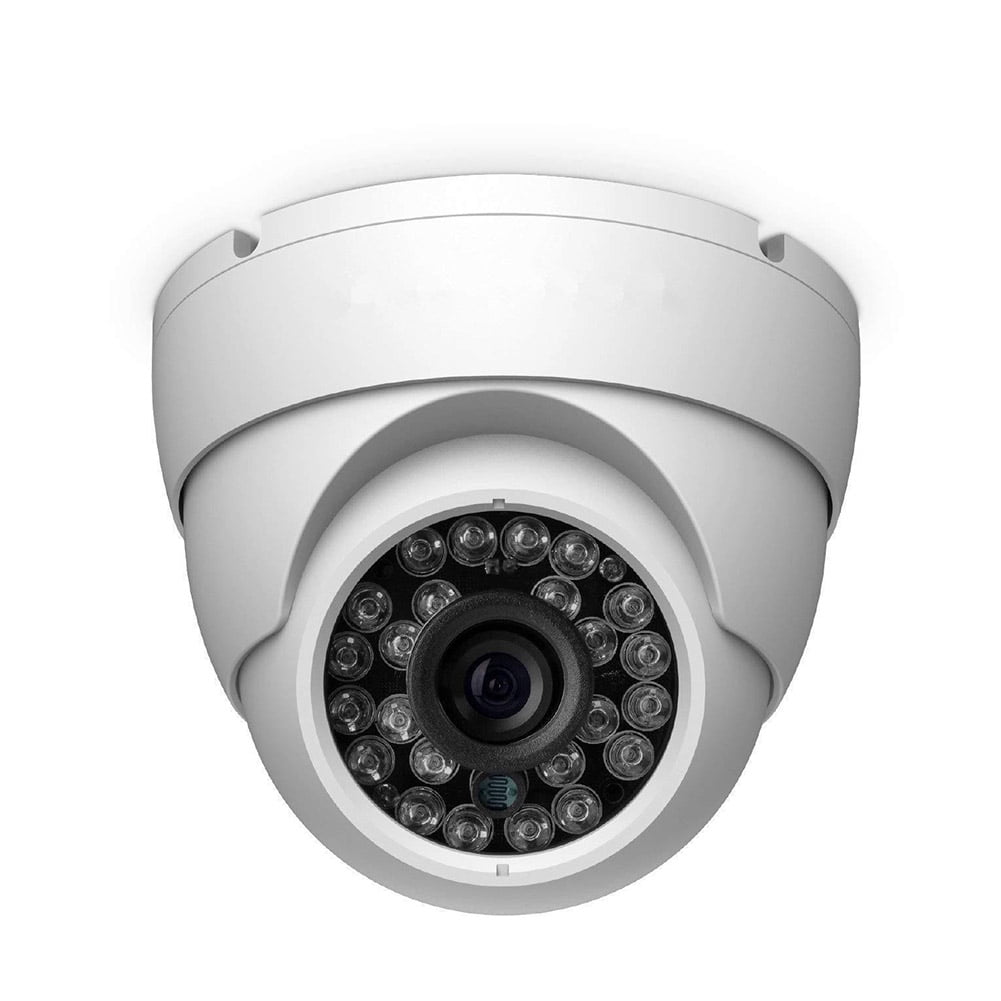The Eye in the Sky: Unveiling the Secrets of Security Cameras
The Eye in the Sky: Unveiling the Secrets of Security Cameras
Blog Article

In today's rapidly evolving world, security is a paramount concern for individuals, businesses, and communities alike. As our lives become increasingly interconnected, the demand for effective surveillance systems has grown immensely. One technology that has emerged as a reliable guardian in the face of potential threats is security cameras. These unassuming devices, often regarded as the "eye in the sky," have quietly revolutionized the way we protect our homes, workplaces, and public spaces. With their unblinking gaze, security cameras have become an essential tool in maintaining safety and deterring criminal activity. In this article, we delve into the inner workings of these cameras, unveiling the secrets behind their ever-watchful presence.
Evolution of Security Cameras
Armed Security Guard Services Dallas
In the past few decades, security cameras have undergone remarkable advancements, revolutionizing the surveillance industry. These technological wonders have come a long way from their humble beginnings. Let's delve into the fascinating journey of the evolution of security cameras.
The first generation of security cameras, also known as analog cameras, paved the way for the development of more sophisticated surveillance systems. Analog cameras captured low-resolution images and required physical media for storage, such as tapes or VHS cassettes. These cameras were primarily used for basic video monitoring purposes and were often limited in their capabilities.
The introduction of digital security cameras marked a turning point in the industry. These cameras allow for higher image resolution and offer advanced features such as remote access and video analytics. Digital cameras use sensors to capture images, which can then be processed and stored electronically. This digital revolution brought about significant improvements in image quality and storage efficiency.
In recent years, the emergence of network or IP cameras has taken surveillance technology to new heights. These cameras utilize computer networks and the internet to transmit data, enabling seamless connectivity and greater flexibility. IP cameras offer features like high-definition video, night vision capabilities, and advanced motion detection. With the ability to integrate with other security systems, such as access control and video management software, IP cameras have become an integral part of modern-day security solutions.
From the basic analog cameras to the sophisticated IP cameras we see today, the evolution of security cameras has transformed the landscape of surveillance. As technology continues to advance at a rapid pace, we can expect even more innovative developments that will enhance the capabilities and effectiveness of security cameras in safeguarding our surroundings.
Benefits of Security Cameras
Security cameras offer a plethora of benefits, making them an invaluable tool in modern surveillance systems. These devices provide a sense of safety and deterrence, enhance situational awareness, and aid in the investigation of incidents.
First and foremost, security cameras act as an effective deterrent against criminal activities. The mere presence of these cameras can discourage potential wrongdoers from engaging in illicit behavior, as they know their actions are being recorded. This increased level of surveillance can significantly reduce the likelihood of theft, vandalism, and other malicious activities.
Moreover, security cameras greatly enhance situational awareness for both individuals and authorities. By monitoring various areas, these devices allow for early detection and prompt response to any suspicious or abnormal activities. Not only do cameras provide real-time information, but they also offer valuable evidence for subsequent investigations.
In addition to preventing and detecting crimes, security cameras play a crucial role in post-incident analysis. By capturing footage of events, these devices assist law enforcement agencies and businesses in identifying perpetrators, gathering evidence, and ensuring accurate and fair judgments. The recorded footage can serve as an objective and irrefutable account of incidents, allowing for a clearer understanding of the situation and facilitating legal proceedings.
With their ability to deter criminals, enhance situational awareness, and aid in investigations, security cameras have become an indispensable tool in ensuring public safety and maintaining security in various contexts.
###Challenges and Ethical Concerns
There are several challenges and ethical concerns surrounding the use of security cameras.
Firstly, one of the main challenges is privacy invasion. Security cameras are often installed in public places, and while they are intended to ensure safety, they can also capture the movements and activities of innocent individuals. The continuous monitoring can make people feel uncomfortable and violate their privacy rights.
Secondly, there is the issue of data security. With the advancement of technology, security cameras have become more sophisticated and are capable of recording high-definition videos. However, this also means that there is a significant amount of data being generated and stored. If not properly secured, this data may be vulnerable to hacking or unauthorized access, leading to privacy breaches or misuse of recorded footage.
Lastly, there are concerns about the potential misuse of security cameras by those in positions of power. In some cases, surveillance systems have been used to target specific individuals or groups, infringing upon their rights and freedoms. It is important to have strict regulations in place to prevent abuse and ensure that surveillance is conducted for the sole purpose of enhancing public safety.
In conclusion, while security cameras can be effective in deterring crime and improving public safety, they also come with challenges and ethical concerns. Striking the right balance between security and privacy is crucial, and it is important to address these concerns through proper regulations and safeguards.
Report this page